New Jersey bans use of sow stalls
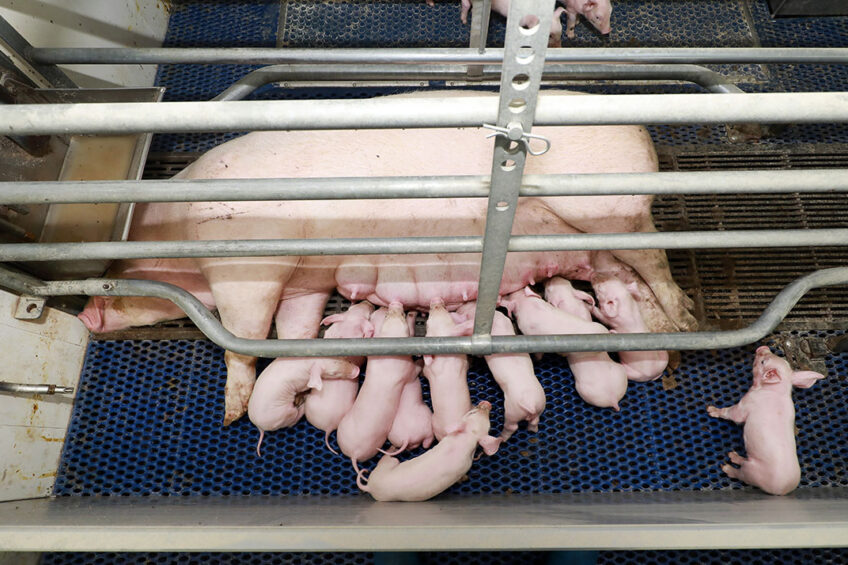
The US state of New Jersey has banned the use of sow stalls and confinement for veal calves.
The new regulations prohibit farmers or operators from knowingly confining a breeding pig or a calf raised for veal in a manner that prevents the sow or calf from lying down, standing up, fully extending limbs or turning around freely. There must specifically be 24 ft2 (2.2 m2) of useable barn floor space per sow.
Violation of the law will result in a charge of disorderly persons offense and a civil violation of animal cruelty laws. The fines will be between US$ 250 and $ 1,000.
The regulations in New Jersey will take effect 180 days after August 2, the day when governor Phil Murphy signed the bill into law. The bill was passed by the state senate in June 2023 and in the state Assembly in May 2023. This follows 2 previous vetoes of this bill by former New Jersey governor Chris Christie. Both the New Jersey Farm Bureau and animal rights groups supported the most recent version of the bill.
Wave of initiatives
The legislation reminds of a wave of initiatives in various mostly non-pork producing US states, about 10-15 years ago, when the use of sow stalls was banned in over 10 states. For instance Oregon, Arizona and Florida were among the states ending the practice at the time.
Other states
The New Jersey developments come at a time when 2 other states in the US have passed legislation that goes a few steps further: legislation which was upheld by the US Supreme Court this summer. California passed Proposition 12 in 2018 and Massachusetts passed Question 3 (Q3) in 2016. They ban the sale of pork meat within their state borders that was produced in any other state from pigs born of sows not housed in compliance with their individual regulations (no gestation crates, etc.). Q3 goes even further than Prop 12 and prevents the shipment of such pork through the state.
Suits
Various pork industry parties have filed a suit challenging Q3 as well as the overall constitutionality of similar laws such as Prop 12. They are Triumph Foods, Christensen Farms Midwest, The Hanor Company of Wisconsin, New Fashion Pork, Eichelberger Farms and Allied Producers’ Cooperative.
Over the last few years, several other pork groups have contested the legality of Prop 12 but it was recently upheld by the Supreme Court of the US.
At the recent World Pork Expo, PigProgress asked whether Prop 12 is catastrophic for the national US pork industry. Michael Formica, US National Pork Producers Council chief legal strategist stated that “it’s catastrophic for farmers in Iowa and also for consumers in California.”
 Beheer
Beheer

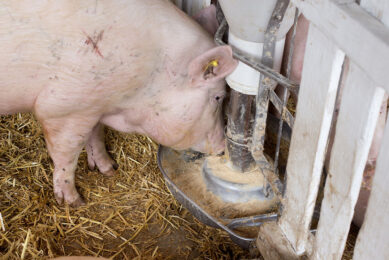
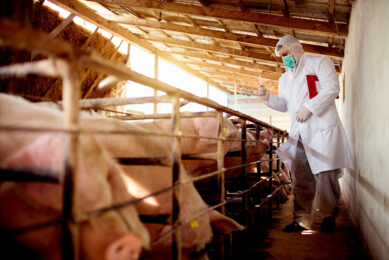
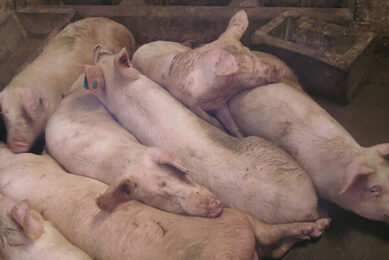
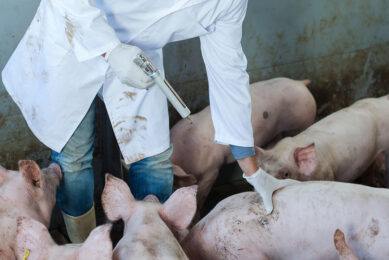



 WP Admin
WP Admin  Bewerk bericht
Bewerk bericht